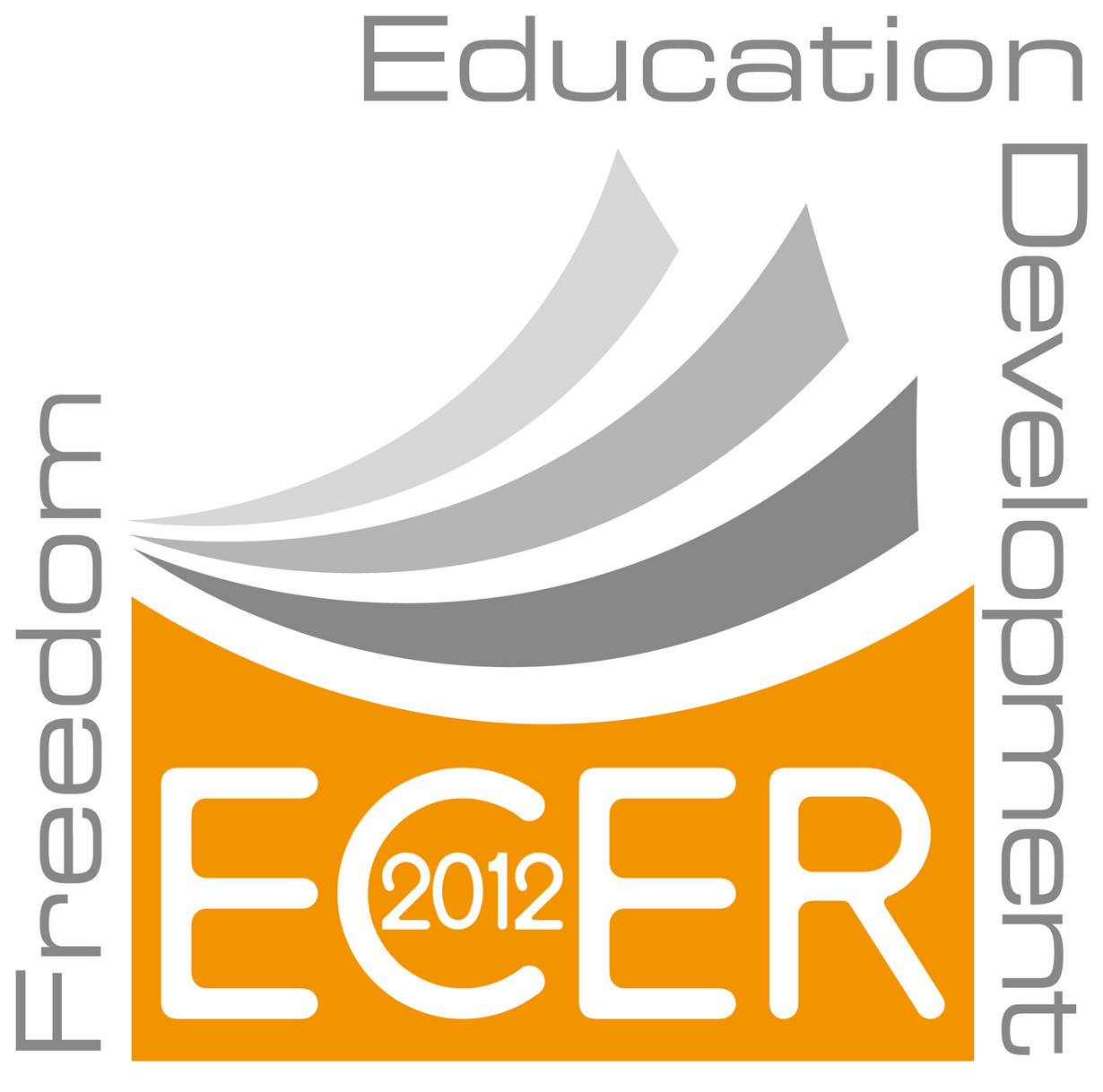Two different realms. Politics and Educational Knowledge in European history
Chairperson: Félix Angulo Rasco, Director of Educational Research Group, UCA
Place: FM - Aula 2
Date/Time: 19 September, 14:00 - 15 :00
A transformative ethos of scholarly work has pervaded academic cultures during the recent decades. Educational research increasingly looks for legitimation on the basis of its relevance in problem solving. I will address the question whether this last assertion – although laudable – fits in the historical and present evidence. In a first part, I will reconstruct a highly relevant episode in the emergence of modern education that apparently relied on specific forms of educational knowledge: The adoption of the educational articles of the celebrated Constitution of Cádiz in 1812. In the process of adoption and realisation of the postulates of this early liberal document, modernizing and democratizing potentials emerged in close relationship with educational knowledge. Yet this knowledge had been mainly formulated in a political vein and did not stem from professional educational research. In a second part, I will briefly address a process of educational research closely related to democratization of schools and inclusive policies that did not take place in a university setting. I will present some research work by Georg Kerschensteiner and his collaborators in Munich in the early 20th century and show his role as a broker between educational knowledge and the politics of education. These two processes point at the more contingent relationship between staffed and financed research in universities and transformative politics. Discussing the assumptions of the theme of the conference, historical evidence suggests that educational research cannot replace politics and political engagement and that the quality of public intellectuals in education cannot be circumscribed to the quality of educational research. As a consequence, a plea for a two-realm approach will be advanced in order to restore the significance of political engagement and to unburden educational research from the impossible promise of changing the world.
Biographical Note
Professor for History of Education at Humboldt Universität.
His research interests relate to the global history of mass schooling and the deployment of educational technologies beyond national boundaries. His work focuses on West European (mainly Germany and Spain) and Latin American (mainly Argentina and Colombia) history of education and addresses issues of power, citizenship, and the shaping of divergent cultures of teaching.
